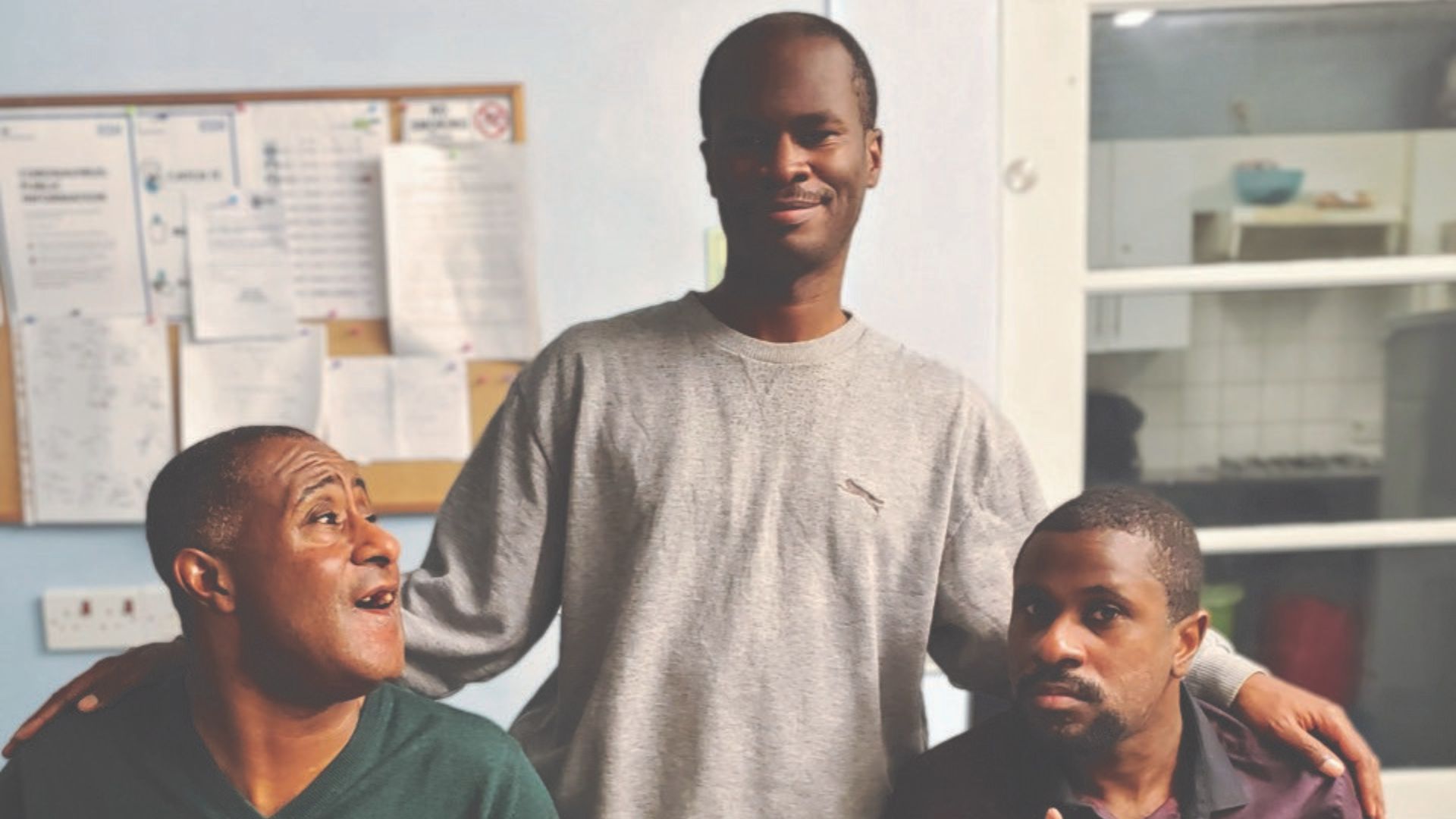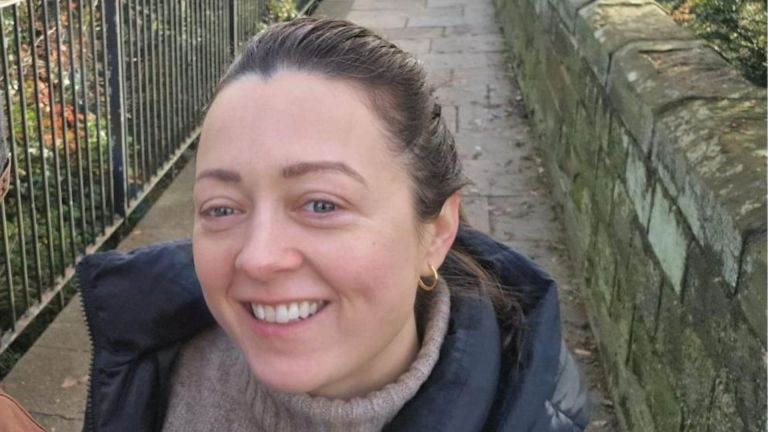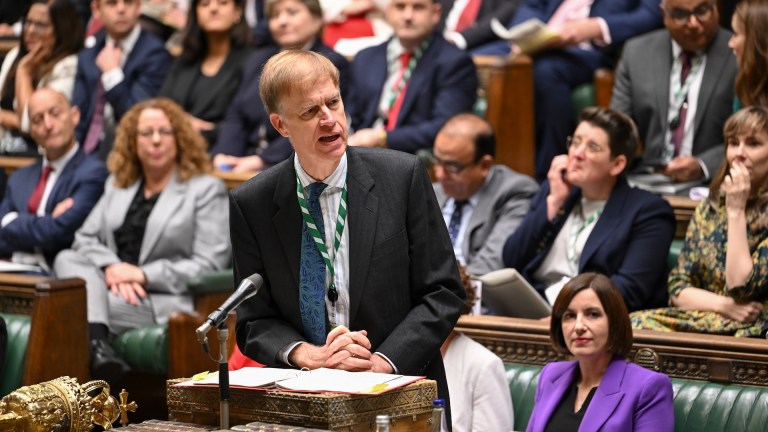The Unpaid Care Dashboard, an interactive online tool, visualises data from the Office for National Statistics (ONS) Census between 2011 and 2021. It’s the first time this data – spanning a decade – has been made accessible in such detail.
The numbers are staggering. In ten years, the estimated value of unpaid care across England and Wales has increased by 29%, reaching £162 billion annually – almost equivalent to the cost of running a second NHS. (In 2023/4, the Department of Health and Social Care had a budget of £188.5bn).
Meanwhile, the proportion of carers providing more than 50 hours of care per week has grown from 24% to 30%.
“That’s more hours than an average person will work at a full-time job, yet unpaid carers often do this out of love or necessity,” said Dr Maria Petrillo from the Centre for Care. “The dashboard, which we have made available for all, offers insights into who is providing unpaid care and allows comparisons over time for regional and local authority areas to help improve their understanding of patterns of unpaid care.”
Developed in collaboration with Carers UK, the University of Birmingham and the South Yorkshire Integrated Care Board, the dashboard breaks down data by region and demographics.
Among its findings: 59% of unpaid carers are women, 48.7% are not in work, 32% hold a degree and 28% are registered as disabled.
Advertising helps fund Big Issue’s mission to end poverty
This data, Dr Petrillo says, can directly inform how local services are designed and targeted: “It can help provide commissioning to get unpaid carers the support some desperately need.”
For carers like McKenzie, this kind of visibility is vital.
“When I saw this dashboard, you know, I was impressed,” he said. “Because all the time, I was firefighting, navigating the system, crisis after crisis. I was invisible. It matters that carers can be counted.”
“We need to bring that invisible labour into focus. It’s not just about the numbers, it’s about the people behind them, who are in that situation.”
McKenzie’s story speaks to the emotional and systemic toll that unpaid care can take. His mother’s schizophrenia – which included symptoms such as intense paranoia – meant that she wasn’t always in a position to care for his brothers. But there was a “real lack of support” from the system, he said, and he was left to negotiate her treatment and his brother’s safety alone.
“I didn’t really want my mum to be in and out of the mental health system,” he said. “But she was very unwell. She had to be sectioned a few times.”
Advertising helps fund Big Issue’s mission to end poverty
His brothers’ welfare was jeopardised further when their mother was discharged while still unwell – likely due to a lack of hospital beds.
“I moved nearby to try and keep an eye on my brother. But then his health began to deteriorate. So I was just fighting to try and get a decision from Health and Social Care for him,” he said. “It wasn’t her fault, she was just really, really unwell. But it was really difficult.”
Matthew’s brothers were eventually taken into residential care, and he moved back in with his mum to care for her. She passed away during the pandemic. He now supports his brothers on the weekends, and they live in a supported facility “down the road” during the week.
As the dashboard evolves, future updates will include Census data from Northern Ireland, expected next year. There are also plans to integrate data from Scotland, broadening its scope even further.
Professor Kate Hamblin, director of the Centre for Care, explained the broader impact:
“As researchers and advocates for improving the lives of carers, we know how essential it is to have not just more data – but the right data in the hands of the people who need it most,” she said.
“Whether it’s tackling health inequalities, understanding impact on employment, or planning targeted support, this dashboard marks a major step forward in making carers visible in local decision-making.”
Advertising helps fund Big Issue’s mission to end poverty
Dr Aideen Young, from the Centre for Ageing Better, added that unpaid carers are foundational to society.
“Unpaid care – though largely overlooked – keeps our families, communities and society functioning,” she said. “This new dashboard is a veritable goldmine of information on unpaid care at a local level across the country, all in one place and readily broken down in myriad ways.”
It might not seem relevant if you’re not currently caring. But most of us, McKenzie says, will become carers at some point.
“The thing is, we all do it at some point in our lives. If you support someone, if you’re in a family unit, you’re probably going to be caring for someone. The population is ageing, and it’s going to come back to family members, close friends, neighbours, who will try and look out for each other,” he said.
McKenzie’s mother passed away during the pandemic, and his two brothers now live in a supported residential facility during the week. But he continues to fight for better outcomes for them.
“To see that time reflected in the dashboard,” he said, “It’s powerful.”
Advertising helps fund Big Issue’s mission to end poverty
Promises are easy to break. Sign Big Issue’s petition for a Poverty Zero law and help us make tackling poverty a legal requirement, not just a policy priority.
Do you have a story to tell or opinions to share about this? Get in touch and tell us more. Big Issue exists to give homeless and marginalised people the opportunity to earn an income. To support our work buy a copy of the magazine or get the app from the App Store or Google Play.





